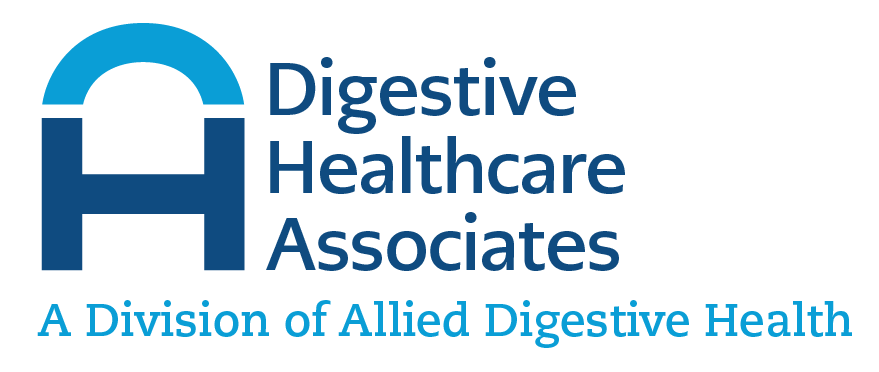
Lactose intolerance is a common digestive condition in which the body has difficulty breaking down lactose, a sugar in milk and dairy products. This occurs due to a deficiency of lactase, the enzyme responsible for digesting lactose in the small intestine. People with lactose intolerance may experience various symptoms, such as bloating, diarrhea, gas, and stomach pain after consuming dairy products.
The severity of symptoms can vary depending on the amount of lactose ingested and an individual’s tolerance level. It’s important to note that lactose intolerance is not the same as a milk allergy, which is an immune response to proteins in milk.
Lactose intolerance can manifest through a range of uncomfortable gastrointestinal symptoms. After consuming dairy products, individuals may experience abdominal bloating caused by excess gas production in the intestines. Diarrhea is another common symptom, as undigested lactose draws water into the colon, leading to loose stools.
Additional symptoms can include stomach cramps, nausea, and gassiness. These symptoms typically occur within 30 minutes to two hours after ingesting lactose-containing foods or drinks. While the severity of symptoms varies from person to person, recognizing these signs can be key to identifying and managing lactose intolerance effectively.
While diarrhea is commonly associated with lactose intolerance, constipation can also occur in some individuals. This less typical reaction happens when undigested lactose causes an imbalance in gut bacteria, leading to slower bowel movements.
Some people may reduce their intake of fiber-rich foods when eliminating dairy from their diet, which can contribute to constipation. Understanding this potential connection is essential for those managing lactose intolerance, as maintaining a balanced diet with adequate fiber and hydration can help prevent this issue.
Lactose intolerance impacts digestion by interfering with the body’s ability to break down lactose, a sugar in milk and dairy products. This occurs due to a deficiency in lactase, the enzyme responsible for digesting lactose in the small intestine.
Without sufficient lactase, lactose remains undigested and passes into the large intestine, fermented by gut bacteria. This fermentation process produces gases like hydrogen, methane, and carbon dioxide, leading to symptoms such as bloating, gas, and abdominal discomfort.
Undigested lactose in the gut can draw water into the intestines, resulting in diarrhea. By understanding these mechanisms, individuals with lactose intolerance can make informed dietary choices to minimize discomfort and support digestive health.
Lactose intolerance can sometimes exacerbate or coincide with other digestive conditions, leading to a more complex impact on gut health. Individuals with irritable bowel syndrome (IBS) may find that consuming lactose-containing foods worsens their symptoms, such as abdominal pain and irregular bowel habits. Similarly, small intestinal bacterial overgrowth (SIBO), a condition characterized by excessive bacteria in the small intestine, can amplify the discomfort caused by undigested lactose.
Chronic inflammation or damage to the gut lining, as seen in conditions like celiac disease or Crohn’s disease, may reduce lactase production and further impair lactose digestion. Addressing these overlapping issues requires a comprehensive approach, including dietary adjustments and, in some cases, medical intervention to achieve optimal digestive health.
For individuals dealing with both lactose intolerance and constipation, careful dietary planning and lifestyle modifications can help alleviate symptoms. Eliminating or reducing lactose-containing foods, such as milk and soft cheeses, is often the first step in managing lactose intolerance. Alternatives like lactose-free dairy products or plant-based milks can provide similar nutrients without triggering symptoms.
Incorporating high-fiber foods such as fruits, vegetables, whole grains, and legumes is crucial to address constipation. Staying hydrated and engaging in regular physical activity are also important for promoting healthy digestion. Probiotics may be beneficial in supporting gut health and improving bowel regularity. Consulting with a healthcare provider or dietitian can further help to develop an individualized management plan that accommodates these coexisting conditions.
For those with lactose intolerance, various dietary alternatives provide essential nutrients while avoiding discomfort. Lactose-free milk and dairy products are readily available and offer the same vitamins and minerals as regular dairy. Plant-based options like almond, soy, oat, and coconut milk are also excellent substitutes, and many are fortified with calcium and vitamin D to support bone health. Non-dairy yogurts and cheeses made from cashews, soy, or other plant ingredients are flavorful alternatives that cater to diverse tastes.
Naturally, lactose-free foods such as nuts, seeds, tofu, and leafy greens help round out a balanced diet. These alternatives make it easier for individuals with lactose intolerance to enjoy varied and nutritious meals without compromising their health.
If you suspect you may have lactose intolerance, it is essential to consult with your doctor to ensure an accurate diagnosis and appropriate management plan. While common symptoms include bloating, diarrhea, and abdominal discomfort after consuming dairy products, these can sometimes overlap with other gastrointestinal conditions that may require different treatments.
Medical guidance is essential if you experience severe symptoms, unintentional weight loss, or signs of nutrient deficiencies. Your doctor may recommend specific tests, such as lactose tolerance or hydrogen breath tests, to confirm the condition.
Seeking advice from the professionals at Allied Digestive Health ensures you can address your symptoms effectively and maintain a diet supporting your overall health.
For Your Visit
Great Neck
P: 516-487-7677
F: 516-487-2868
310 E. Shore Rd.
Suite 206
Great Neck, NY 11023
Office Hours
Mon. 9:00 AM – 5:00 PM
Tues. 9:00 AM – 5:00 PM
Wed. 9:00 AM – 5:00 PM
Thurs. 9:00 AM – 5:00 PM
Fri. 9:00 AM – 5:00 PM
Sat & Sun: Closed
© All Rights Reserved

Thank you for your interest in setting up an appointment with us! To schedule your visit, please give us a call. We look forward to assisting you!